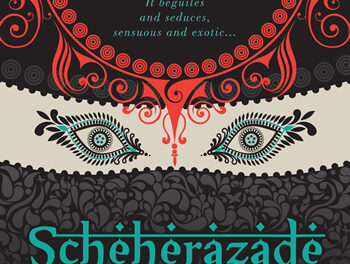The Western Piedmont Symphony completed its “Battle of the Bows!” Chamber Series with a concert at the Catawba Valley Arts and Science Center featuring the Hyperion Quartet. The “Battle of the Bows!” is a series of audition concerts and residencies in order to select the next resident string quartet for the Western Piedmont Symphony.
Currently based in Saratoga Springs, New York, the quartet was founded by first violinist, Amanda Brin, and her husband, cellist Jonathan Brin, in 1999 at the Eastman School of Music. Joining the group recently are Jamecyn Morey, second violin, and William Hakim, viola. This is the second appearance of the Hyperion in Hickory; they first visited in January, 2007, but, unfortunately, had to withdraw from consideration in that round of the “Battle of the Bows!”
Press kits and publicity packets of performers of any ilk generally contain quotations from reviews of previous performances, using such adjectives as glorious, stunning, breathtaking, virtuosic, and all sorts of superlatives, like the best, the most musical, the most lyrical. In the case of this concert and this quartet, none of these would be hyperbole.
The concert opened with the String Quartet No. 12 in C minor, D. 703, by Franz Schubert (1797-1828). Schubert completed only the first movement and a few bars of the second movement, and then moved on to other things, never returning to complete the work. But, like his “Unfinished” Symphony, it stands as a lasting work of art. Choose any of the adjectives from the previous paragraph, or use one of your own to describe this particular performance.
Following this, the Hyperion Quartet played the String Quartet No. 2 in A, Op. 68, by Dmitri Shostakovich (1906-1975). While much of Shostakovich’s music reflects the brutal repression and terror of Russian life at the time he was alive, the second quartet is not quite so agonizing. The third movement is a waltz, but written as an upside-down version of many he had written for films, resulting in what the composer called a “vase macabre.” The second movement, titled “Recitative and Romance,” is essentially a solo for the first violin with the other three instruments providing an accompaniment of sustained notes and chords. Ms. Brin played this section with lusciousness and great pathos, and a deep understanding of the music. The entire ensemble brought out the extreme expressive scope of this epic work throughout all four movements.
Completing the evening was Felix Mendelssohn’s (1809-1847) second published but first written quartet, the String Quartet in A minor, Op. 13. Written when the composer was sixteen, this is a serious work written under the great influence of Beethoven. The quartet is filled with emotion (Mendelssohn had just fallen in love), and stress and anxiety (he was struggling with an operatic project in which he had no interest). Once again, the performance reflected the heart and soul of the composer’s being in the composition of this work.
What more can be said about this performance and this ensemble? Rather than another string of superlatives and adjectives, I would refer you to my musings on their previous concert in Hickory.











